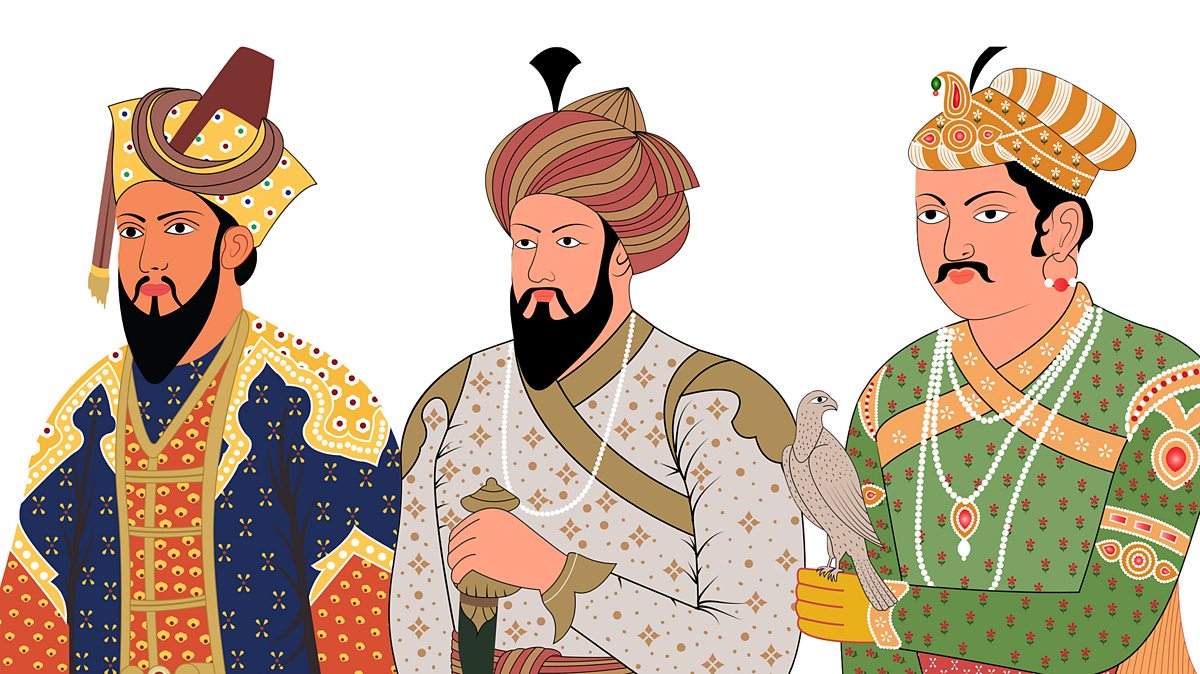Font size:
Print
WHO Resolution on Mental Health
Context:
Recently, the World Health Assembly approved a draft resolution, advising member nations to integrate mental health assistance into their humanitarian crisis responses.
More on News:
- According to the World Health Organisation (WHO):
- Over the last decade, 22% of people have suffered from post-traumatic stress disorder, depression, anxiety, bipolar disorder and schizophrenia, after war or conflicts
- Those suffering from pre-existing mental health conditions are particularly vulnerable during emergencies (UN health agency).
- The draft expressed concern about ongoing discrimination and stigma faced by victims of armed conflicts and natural disasters.

Resolution on WHO Comprehensive Mental Health Action Plan 2013-30:
- Resolution urges member states to implement WHO Comprehensive Mental Health Action Plan 2013-30.
- Goals include achieving universal health coverage for mental health.
- Progress tracked in annual reports from 2025 to 2031.
- Requests director-general to ensure WHO has capacity for inter-agency coordination on mental health.
- Resolution Urges Member States to Enhance Mental Health Services:
-
-
- To strengthen local and community-based services for psychosocial needs in emergencies.
- Advised building local capacities and providing psychosocial support through formal referral systems.
-
- Recommended services include:
-
-
- Safe digital technologies.
- Mental health care integrated with general health services.
- Mental health and psychosocial support in schools and social services.
- Specialised mental health services.
-
WHO Report on World Mental Health Day:
- Titled “Mental Health of Refugees and Migrants: Risk and Protective Factors and Access to Care” on October 10, 2023.
- Found an extended stay in asylum centres could lead to a 30-fold increase in the risk of psychopathology among children aged 11-16 years.
- These risks were higher among unaccompanied or separated children who relocated multiple times within the asylum system.
WHO Investment Case for Financial Strategy (2025-28):
- Launched an investment case with a total budget of $11.1 billion.
- Member States plan to increase assessed contributions to cover $4 billion of the budget.
- WHO faces a funding gap of $7.1 billion, which needs to be filled through voluntary contributions.
- Assessed contributions are membership fees paid to the WHO.
- Voluntary contributions are additional, non-compulsory contributions
WHO about Mental Health:
- Mental health is a state of mental well-being that enables people to cope with the stresses of life, realise their abilities, learn well and work well, and contribute to their community.
- Conditions encompass mental disorders, psychosocial disabilities, and other states linked to significant distress, impaired functioning, or self-harm risk.
- Integral component of health and well-being, crucial for decision-making, relationship-building, and shaping the world.
- Considered a fundamental human right.
- Vital for personal, community, and socio-economic development.
- The WHO Special Initiative for Mental Health 2019:
-
- It aims for all individuals to attain the highest standard of mental health and well-being.
World Health Organisation (WHO):
- Founded in 1948, it is the United Nations agency that connects nations, partners and people to promote health, keep the world safe and serve the vulnerable
- Headquarter in Geneva Switzerland.
- The World Health Assembly is the decision-making body of WHO.
- India became a party to the WHO on 12 January 1948.
- India is a Member State of the WHO South East Asia Region.
India’s concern : As per the Latest data of National Mental Health Survey:
- Prevalence of mental disorders in adults over 18 years: approximately 10.6%.
- High prevalence of mental morbidity in urban metropolitan areas.
- Mental disorders closely linked to causation and consequences of non-communicable diseases (NCD).
- Depression affects approximately 1 in 40 individuals past, and 1 in 20 individuals currently.
- Neurosis and stress-related disorders affect 3.5% of the population, with higher rates among females.
- 0.9% of the survey population are at high risk of suicide.
- Nearly 50% of individuals with major depressive disorders report difficulties in daily activities.
Government Initiatives to Address Mental Health During:
- Establishment of a 24/7 helpline for psychosocial support During COVID-19.
- Implementation of National Mental Health Programme (NMHP):
- Support provided through the National Health Mission for outpatient services, counselling, outreach services, and more.
- Provision of a 10-bedded in-patient facility at the district level.
- Information, Education, and Communication (IEC) Activities is Integral part of NMHP to generate awareness about mental illnesses.
- National Tele Mental Health Programme (NTMHP) :
- It was launched in October 2022 to improve access to mental health counselling and care services.
- 36 Tele Mental Health and Normalcy Augmentation Systems (MANAS) Cells have been established by 25 States/UTs to provide mental health services.
- The National Institute of Mental Health and Neuro Sciences (NIMHANS), Bengaluru, serves as the National Apex Centre, overseeing Tele MANAS activities across India.
- NIMHANS collaborates with the (iGOT)–
- Health workers receive online training from NIMHANS via the (iGOT)-Diksha platform.
- Ayushman Bharat – Health and Wellness Centres (AB-HWCs):
- The program seeks to deliver a comprehensive array of services, spanning preventive, promotive, curative, rehabilitative, and palliative care.
- Operational guidelines addressing Mental, Neurological, and Substance Use Disorders (MNS) at Health and Wellness Centres (HWC) have been issued under Ayushman Bharat.
- Budgetary allocation for mental health under MoHFW for FY 2024-25:
-
- The mental health budget is roughly 1% of the total health budget.



